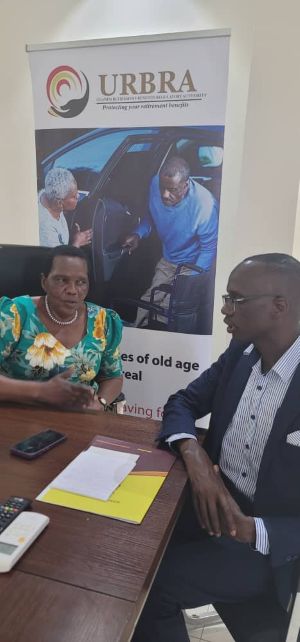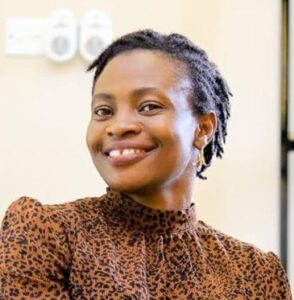
In the heart of Karamoja, where tradition runs deep and the challenges for women are immense, a quiet revolution is unfolding. Sophie Betty Okwir Nanyo, a resilient woman living and working in Moroto as a miner and small-scale farmer, is part of a movement redefining women’s roles in society and advocating for economic empowerment. Through mining, education, and community-driven solutions, these women are breaking free from generational cycles of economic dependency and gender-based limitations.
For many women in Karamoja, life is a constant struggle for survival. Traditionally, girls grow up assisting their mothers with domestic chores, while boys receive formal education. The deeply ingrained polygamous culture further compounds the challenges, as women are often left to sustain their households with little to no financial support.
“It is upon the woman to strengthen her household. If you are not hardworking, your children will go hungry,” says Sophie. Without formal education and economic independence, many women turn to informal labour, including mining, to support their families.
The mining sector has provided new economic opportunities for women, but it has not come without challenges. Women in the gold mines face extreme labour conditions and, in some cases, exploitation. In areas like Rupa, men demanded sexual favours in exchange for mining rights or access to gold-bearing sand.
Refusing to accept this injustice, Sophie and other women mobilized their community, working with district authorities to address gender-based exploitation in the mining sector. Through advocacy and sensitization, security forces stepped in to protect women’s rights, ensuring they could work in dignity and safety.
Sophie’s work goes beyond mining. Recognizing the need for long-term solutions, she has been at the forefront of advocating for girls’ education. In a region where girls are often married off young, education is a radical act of empowerment.
One of her success stories is a young girl from Amudat who scored highly in her Primary Leaving exams with a second grade and was at risk of being pulled out of school for marriage. Community leaders and local authorities intervened, securing her a place in a secondary school, with hopes of her becoming a role model for future generations. Because for that entire sub-county, she is the first girl to go beyond Primary level. They have even sought a safe place in the Convent for the girl to stay in during holidays to protect her from community influences something so hard to challenge.
“Once a girl is educated, she can make better decisions for herself and her family,” Sophie emphasizes.
In Karamoja, land ownership remains largely communal, making it difficult for women to claim financial independence. Through community engagements, women are now being encouraged to manage their own economic resources, starting with small livestock like goats, which they can later exchange for cows in case they multiply. This has not only led to a shift that is slowly allowing women to build their own wealth and provide for their children’s education but also start thinking of how to live when old age grapples. To most of women especially Sophie, linked retirement planning to formal employment, and reiterates that women in marginalized communities like Karamoja, it was ongoing struggle for survival. She called for the informal strategies sustainable for retirement planning. URBRA agreed to extend to Karamoja region access to pension schemes and financial literacy programs because many women remained a vulnerable in old age. Additionally collaborating with other sector players in implementing micro-pension schemes, strengthening community savings groups, and ensuring women’s property rights could significantly improve women financial well-being in preparation for old age. Policies that enhance financial inclusion for informal workers would provide a more structured path to retirement security. The experiences of Karamojong women highlight the urgent need for a more inclusive approach to retirement planning, ensuring economic stability for all, regardless of employment status
The transformation in Karamoja is not happening overnight, but the small victories are significant. Women who once had no say in family and community affairs are now taking part in decision-making. They are proving that financial empowerment leads to stronger families and more resilient communities and therefore planning and investing for later years.
Sophie and her fellow advocates continue to push for policies that support women’s rights, economic inclusion, and education. Their journey serves as a beacon of hope, proving that when women are given the tools and opportunities to succeed, they uplift entire communities.
As the World celebrates Women’s Month, the story of Karamoja’s women is a testament to resilience, determination, and the power of collective action. The road ahead is long, but one thing is clear: the women of Karamoja are reclaiming their future, one step at a time.

